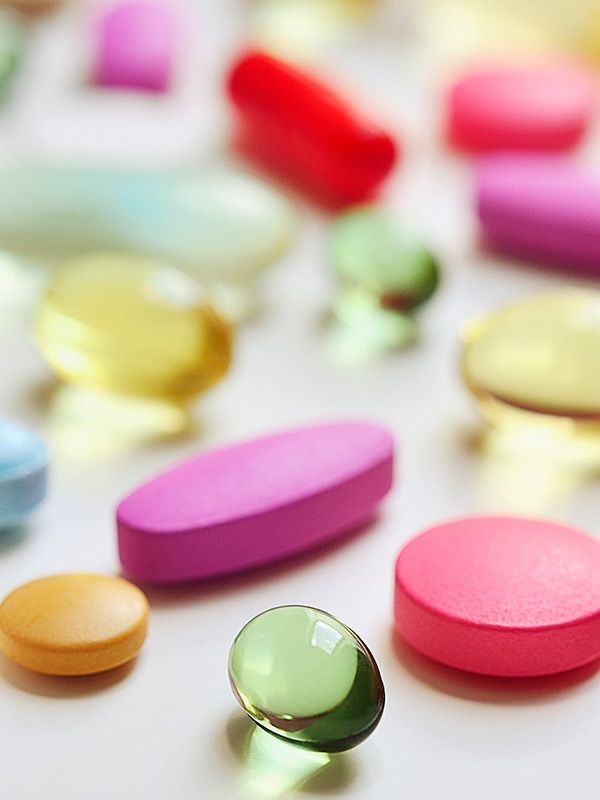Learn about brain health and nootropics to boost brain function
Here’s What a Brain Expert Wants You to Know About Mood-Boosting Supplements


You might have seen or heard of a variety of natural dopamine supplements out there that promise to boost your mood and energy, some are referred to as nootropics, which we've covered before. When you're feeling sluggish and meh, this might sound very appealing to you—and for some people, they really do work wonders. But are they really effective and are they safe for you? We asked Judy Ho, PhD, a triple board-certified clinical and forensic neuropsychologist and author of Stop Self-Sabotage: Six Steps to Unlock Your True Motivation, Harness Your Willpower, and Get Out of Your Own Way, for her take on them.
"The neurotransmitter dopamine has been dubbed 'the happy chemical' by many adoring fans and is vitally important to our reward system," Ho says. "When dopamine is released in your brain in response to rewards, it promotes feelings of happiness, pleasure, and well-being. Dopamine motivates you to seek rewards and to persist in your pursuit of goals that meet your needs. As part of the reward pathway, dopamine is made in nerve cell bodies located within the ventral tegmental area (VTA) and is released in the nucleus accumbens and the prefrontal cortex. Natural dopamine supplements are designed to increase dopamine levels in the brain. Most contain some type of amino acid that is thought to be used in the brain's natural dopamine creation process."
Ho says that there are four common nutrients and ingredients that can affect your mood and may be included in these types of supplements:
L-Tyrosine: It's a type of dopamine supplement. It is an essential amino acid that is a precursor of neurotransmitters including dopamine. Tyrosine can be taken through your diet or synthesized in the body. It has been reported to improve mood, regulate sleep, and help ease emotional stress.
Mucuna: It is also known as the velvet bean plant. It naturally contains the amino acid L-dopa, which is synthesized in the body in the same way as Tyrosine and used in the dopamine production process. Users report a decrease in depression and psychological stress and an increase in sense of well-being.
L-Theanine: It's another amino acid that is only found in green tea and might help to boost brain dopamine levels. Users have reported stress-relieving effects and feeling relaxed yet alert, and it may help to improve focus.
Rhodiola: It's a plant used in traditional medicine in Eastern Europe and Asia, and it has effects on the central nervous system by supporting the reuptake of dopamine, making it more readily available and accessible. It has been reported to reduce depression, anxiety, and stress-related fatigue, along with an increase in the ability to manage stress.
Click here to view full article